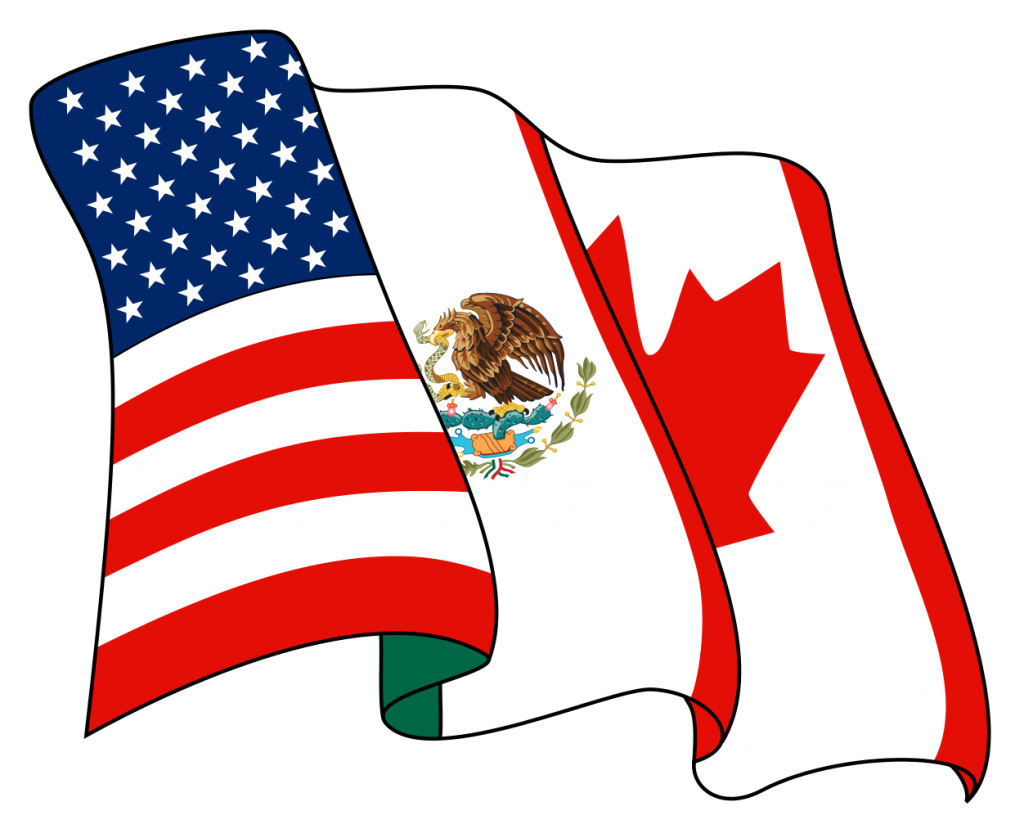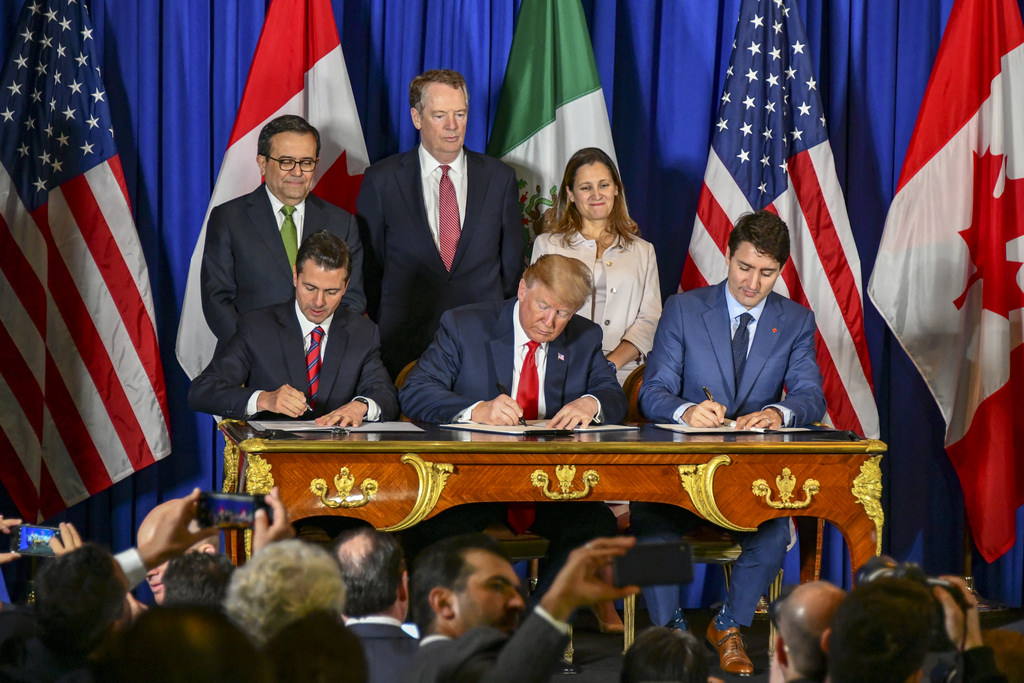 With the agreement between the United States, Mexico, and Canada (USMCA), some of the previous tariffs’ impact has been erased. However, according to NADA News, Section 232 of the Trade Expansion Act of 1962 will still have negative effects with tariffs on automobiles and vehicle parts. A report by the Center for Automotive Research (CAR) says vehicle prices will go up– trickling down from the manufacturers to new/used car dealerships, and then to the consumers.
With the agreement between the United States, Mexico, and Canada (USMCA), some of the previous tariffs’ impact has been erased. However, according to NADA News, Section 232 of the Trade Expansion Act of 1962 will still have negative effects with tariffs on automobiles and vehicle parts. A report by the Center for Automotive Research (CAR) says vehicle prices will go up– trickling down from the manufacturers to new/used car dealerships, and then to the consumers.
Back in July 2018, CAR’s research concluded that the tariffs would lead to a considerable increase in vehicle prices. It also showed manufacturers and dealerships would see a decline in annual new-vehicle sales and industry jobs. In CAR’s latest report, they created a total of ten different scenarios using U.S trade policies, Section 232 autos, auto parts tariffs (steel/aluminum as well), the USMCA agreement, and Section 301 tariffs involving Chinese imports.
According to NADA News, if the USMCA agreement is launched in its current state, CAR anticipates that:
- Up to 366,900 U.S (77,000 of which are franchised dealerships) will be lost.
- The average price of U.S. light-duty vehicle prices will go up by up to $2,750.
- New U.S. light-vehicle sales will see a decline of up to 1.3 million units per year.
- Consumers will be forced into the used car market.
- Vehicle repair and maintenance costs will drastically increase for consumers.
CAR estimates that Section 232’s tariffs on automobiles and vehicle parts will be responsible for roughly 90% of the total economic problems that result from collective trade policies. In its conclusion, the most recent CAR report notes, “While the trade restrictions adopted or under consideration are intended to assist U.S. workers, these policies are likely to be extremely disruptive to and negative for the U.S. economy.”
NADA CEO, Peter Welch, says: “This analysis confirms that broad Section 232 tariffs on autos and auto parts still present the biggest trade-policy threat to consumers and the U.S. economy. NADA understands and appreciates the Administration’s attempts to level the trade playing field and eliminate unfair trade practices, but expensive Section 232 auto tariffs are the wrong tool for the job because they will lead to dramatic price increases, depressed vehicle sales, and job losses.”
In July, Welch spoke before the Department of Commerce and requested the Administration abstain from applying the broad-based tariffs on automobiles and vehicle parts.
“We should continue to work together to address genuine trade concerns, but without hurting American consumers, and small businesses in the process.”
